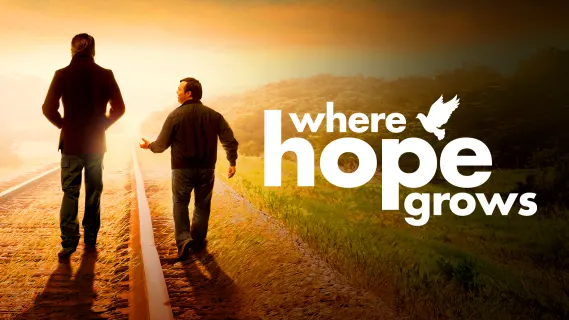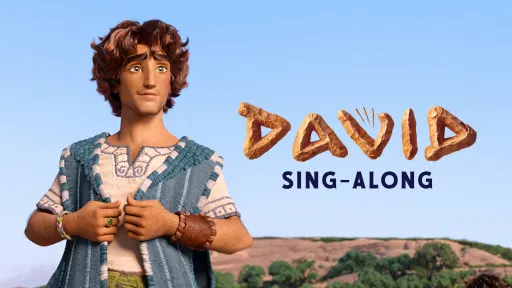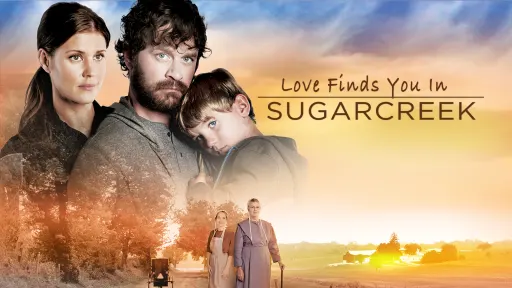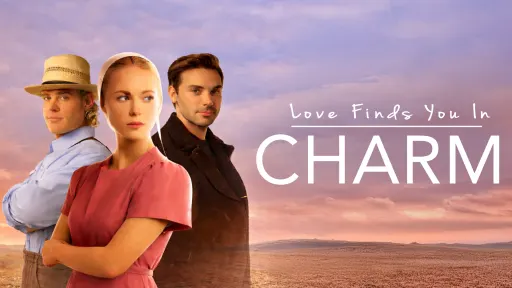

Featured Posts

Where to Watch Still Hope
Abducted by someone she met online, Hope endures years of abuse before finally finding her way home. Honest, intense, and uplifting, Still Hope reminds us that healing is not instant, but it is possible. Experience Still Hope today on Angel.
By Angel | February 20, 2026

Where to Watch Where Hope Grows
When a self-destructive ex-ballplayer befriends a grocery clerk with Down syndrome, his hardened view of life begins to soften—opening the door to faith, healing, and change. Press play on a story of redemption and watch Where Hope Grows on Angel today.
By Angel | February 19, 2026



